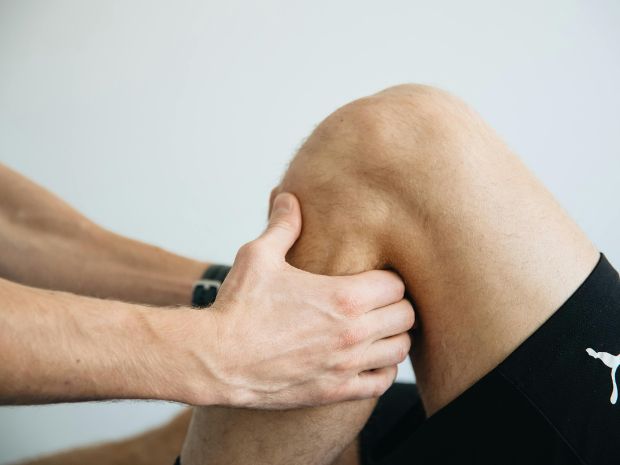In this blog you can learn what overtraining is, the symptoms that indicate overtraining and how to recover so you can come back stronger than ever. Read on to find out what practices you should start implementing into your routine.
CONTENT TABLE
Symptoms of Overtraining
Essential Strategies for Recovering from Overtraining
Prevention: How to Avoid Overtraining in the Future
What is the Overtraining?
The overtraining syndrome is a problem that occurs when you train too hard or too often and don’t give your body enough rest to recover. It occurs when an athlete ignores the signs of overexertion and continues to train.
Symptoms of Overtraining
Symptoms will be the tool with which the athlete will detect the body’s signals that hint at overtraining.
Let’s take a closer look at what these symptoms are:
Constant Fatigue
Lack of energy and constant fatigue is one of the first things we will notice when over-exercising the body, causing the athlete to feel tired and adopt a sense of apathy.
Recurring Injuries
Recurring injuries are injuries that are caused by repetitive use and overloading of certain muscles in the body.
This type of injury usually causes inflammation of the affected area and can lead to muscle strain.
Sleep disturbances
Insomnia and other sleep disturbances are also a symptom of overtraining. High cortisol levels cause the natural sleep cycle to change, making it difficult to get to sleep and stay asleep.
Decreased Athletic Performance
Because overtraining leads to muscle soreness and fatigue, the athlete may also experience stagnation in physical performance. This occurs because the body is not able to reach the intensity it needs when training.
Essential Strategies to Recover from Overtraining
Once symptoms are detected, a number of practices should be undertaken to help the body rest and speed up the recovery process to get back to normal as soon as possible:
Rest and Active Recovery
The first step is a break from physical activity, which should be accompanied by active recovery, such as gentle stretching, massages and other low-intensity exercises. This will help the body to improve blood circulation.
Nutrition and Hydration
Depending on what type of physical activity has led to the body being overloaded, care should be taken to ensure that the calories consumed meet the needs of recovery. It is also essential to keep the body hydrated.
Example: Protein is important for strength and muscle power athletes while carbohydrates provide energy for endurance athletes.
Mental Recovery Techniques
On a mental level, you can work on some relaxation exercises to promote wellbeing during the day, reducing stress and facilitating sleep at night.
Prevention: How to Avoid Overtraining in the Future
Once the body has recovered, good habits should be added to help prevent future cases of overtraining.
Training Planning: Balancing Effort and Rest
It is crucial to maintain a good balance between effort and rest so that our body does not relapse.
In order to have an optimal ratio, one day of rest should be taken for every two days of physical effort.
Recognizing Signs of Fatigue
The signals that the body sends when it is exhausted must be learnt to recognise and not ignored in order to avoid any physical relapse.
Maintaining a Balanced Lifestyle
Maintaining a balanced lifestyle and avoiding bad habits is important to set a healthy pattern that will lead the athlete to feel better physically and mentally.
Frequent Questions about Overtraining
How long does it take to recover from overtraining?
Depending on the level of sport or activity it varies, but generally the recovery time is between 4 and 12 weeks.
How can I speed up my recovery?
Staying hydrated, taking care of your diet and getting adequate rest are some of the keys to a fast and effective recovery.
Can overtraining cause permanent damage?
It depends on what stage of overtraining the body is in, with the earliest stages of the syndrome usually disappearing within a few weeks.
But the more developed stages can leave a permanent mark on our physical and mental health.
If you’re ready to train smarter and avoid overtraining, join our group trips designed specifically for athletes. Don’t wait any longer! Book your place on our next trip and take your training and wellness to the next level.


